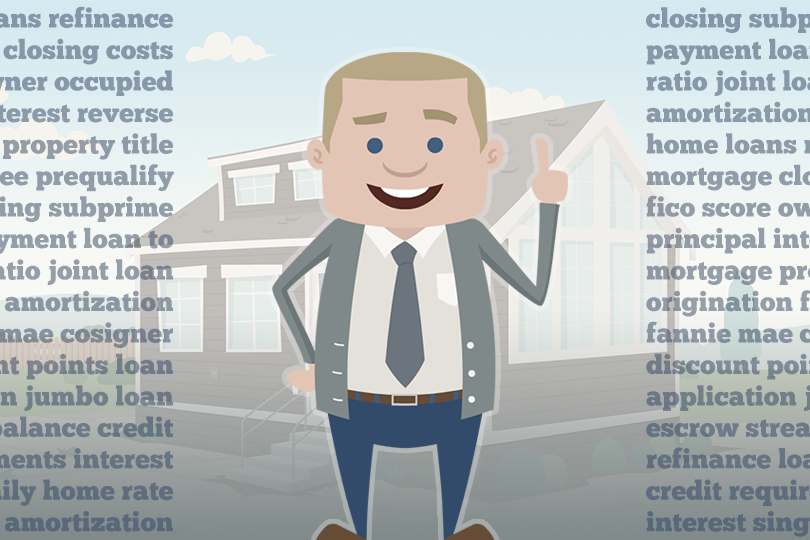FHA Loan Approval Questions for Self-Employed Borrowers

If you are a self-employed house hunter, you need to know FHA loan approval rules as they specifically apply to the lender’s ability to verify self-employment income.
The First Step
The first thing you’ll want to understand? How the FHA defines a job as self-employment. And what constitutes self-employment may be a bit broader than you think at first--we’ll explore that below.
Your participating FHA lender is required to ensure your income is stable. One way to help determine that is how long you have been earning that income specifically as you do at application time.
The Nature of Your Income
Self-employed borrowers are typically required to show two years of time earning a consistent self-employed income. If you have recently stopped working for someone else, you’ll need to show this income is being earned in a similar line of work to your previous income when you were not self-employed.
If you have made a radical change in jobs as well as the nature of your employment, it may not be best to apply for a big line of credit like an FHA mortgage in the two years immediately following. You may need to give yourself more time unless you bring compensating factors to the table.
Income Stability
It isn’t just the duration of your self-employed work, it’s also about the performance of your enterprise. Is there a consistent profit? Or are you losing money over time? If your lender notes a self-employed income decline of over 20% over the FHA-required income analysis period you may not qualify for the home loan. But there IS some good news.
The FHA and HUD announced new lender flexibility for examining self-employment income if the applicant has had an economic setback related to COVID-19. In such cases, the new guidelines instruct the lender:
“If the Borrower has an aggregate self-employment history before and after the COVID-19 Related Economic Event totaling between one and two years,” the participating FHA lender is allowed to consider this income. “...if the Borrower was previously employed in the same line of work in which the Borrower is self-employed or in a related occupation for at least two years.”
Who Is Considered Self-Employed?
FHA loan rules define a self-employed borrower as more than being the sole owner of a business, which surprises some applicants. According to HUD 4000.1, “Self-Employment Income refers to income generated by a business in which the Borrower has a 25 percent or greater ownership interest.” HUD 4000.1 now reminds lenders there are four basic types of legal business entities an FHA borrower might be part of:
- Sole proprietorships
- Corporations
- Limited liability or “S” corporations
- Partnerships
------------------------------
RELATED VIDEOS:
Learn How to Meet FHA Requirements
A Few Tips About Your Fixed Rate Mortgage
Your Proof of Ownership Is the Property Title

Do you know what's on your credit report?
Learn what your score means.







